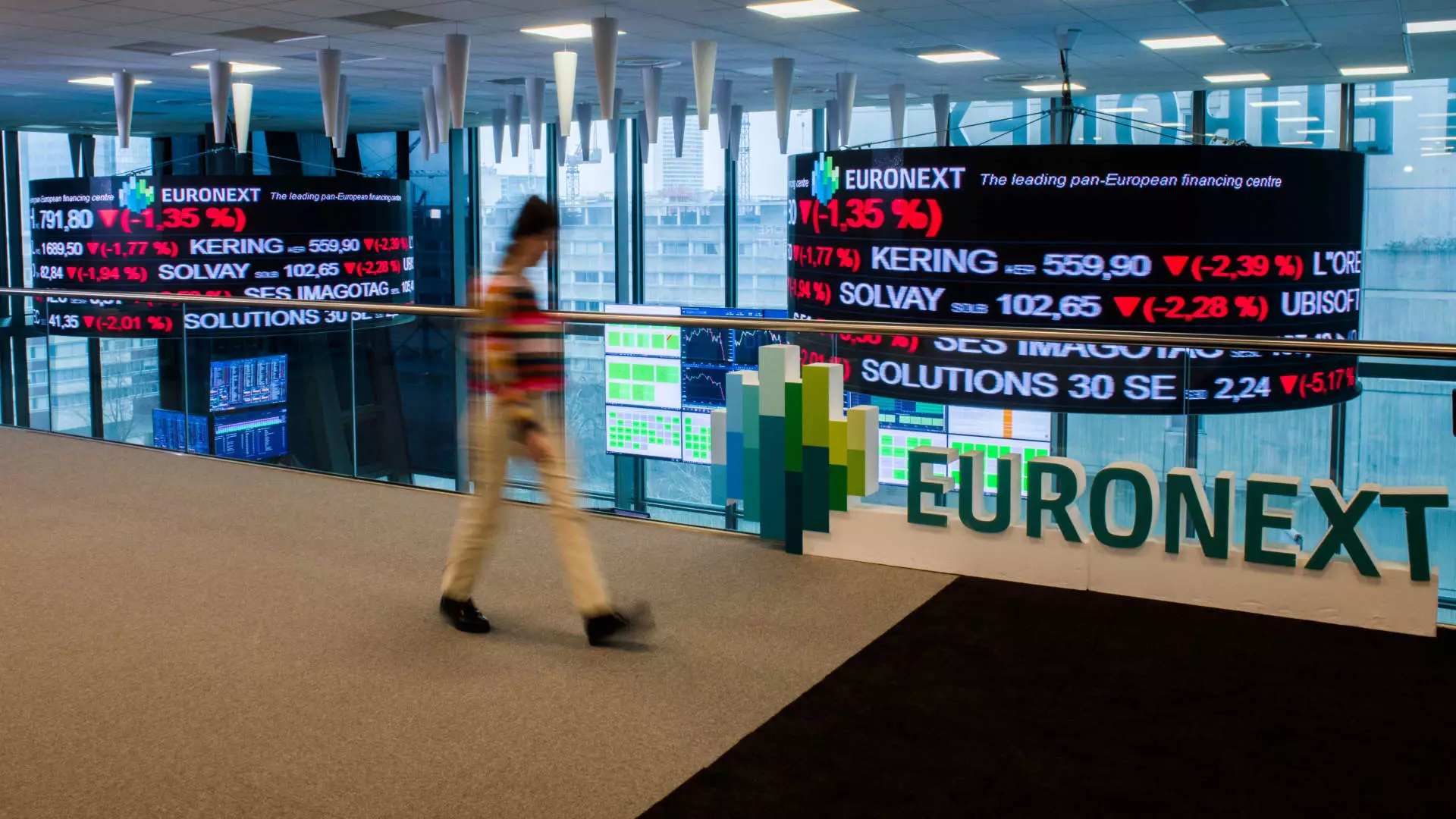The recent market reaction to Donald Trump’s presidential victory underscores a complex relationship between U.S. policies and global equities. While U.S. stock indices surged to unprecedented heights following the election, the international financial landscape presented a starkly different scenario. Investors across various nations exhibited trepidation towards the incoming administration’s potential tariff policies, leading to noted declines in exchange-traded funds (ETFs) that track Asian and South American economies, such as those focusing on assets from South Korea, Hong Kong, Taiwan, and Chile.
The divergence creates an echo chamber of concern that stems significantly from Trump’s proposed tariffs. The prospect of a 20% tax on all imports, with a notable 60% on goods from China, plays a pivotal role in shaping investor sentiment. These aggressive trade policies not only resonate negatively in the stock market but also pose fundamental questions about the future of U.S. foreign relations and international trade. Although polling indicated that such policies were not widely favored among voters, concerns over their implications for global market dynamics remained pronounced.
Market analysts emphasize that while the U.S. economy appears to pivot favorably during Trump’s early presidency, international markets are vulnerable to the repercussions of his tariff strategies. Yung-Yu Ma, the chief investment officer at BMO Wealth Management, highlights that uncertainty surrounding these policies may stunt any immediate recovery in global stock prices. The bifurcation of performance between U.S. equities and their international counterparts illustrates how Trump’s election might bolster domestic markets while placing outside economies at risk.
Additionally, the interaction of American policies with foreign markets reveals a complicated connection. For instance, on a day when the Dow Jones Industrial Average was on a trajectory towards its best performance in nearly two years, European markets faced challenges, evidenced by a drop in ETFs like the iShares Core MSCI Europe ETF. This stark difference indicates a hesitancy from investors in responding positively to U.S. financial gains, particularly when faced with potential losses spurred by tariff implementations.
The effects of a strengthening U.S. dollar, which recently reached its peak since July, introduce further complications for international markets. As inflation expectations rise amidst Trump’s economic policies, the dollar’s ascendancy typically spells trouble for emerging markets. The iShares MSCI Emerging Markets ETF saw a decline of more than 1% in response to these expectations. Such vulnerability among emerging economies signals a need for caution among investors looking beyond U.S. borders.
Interestingly, not all international markets faced this bearish trend. The Global X MSCI Argentina ETF experienced an upward movement, attributed to the election of Javier Milei, whose economic philosophy bears resemblances to Trump’s ideologies. This illustrates that while nationalistic policies impact trade relationships, they can also create isolated favorable conditions under specific governance styles.
The interplay between Donald Trump’s victory and its ripple effects on global markets serves as a warning sign for investors. While the U.S. economy may bask in immediate gains, the potential adverse repercussions of new trade policies could stymie international growth and stability. The emerging patterns signal a need for careful navigation through the evolving financial landscapes, as investors reassess their strategies in light of new realities. The fallout from the election serves as a pivotal moment, not just for America, but for economies worldwide, all bracing for change amidst a backdrop of uncertainty.

